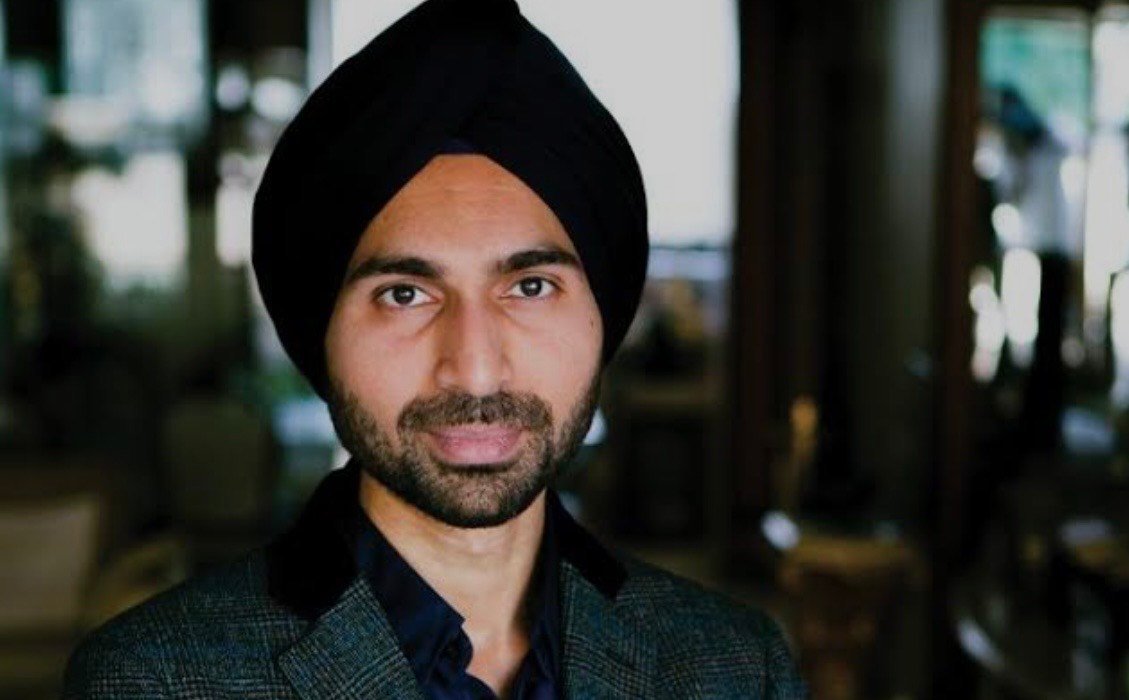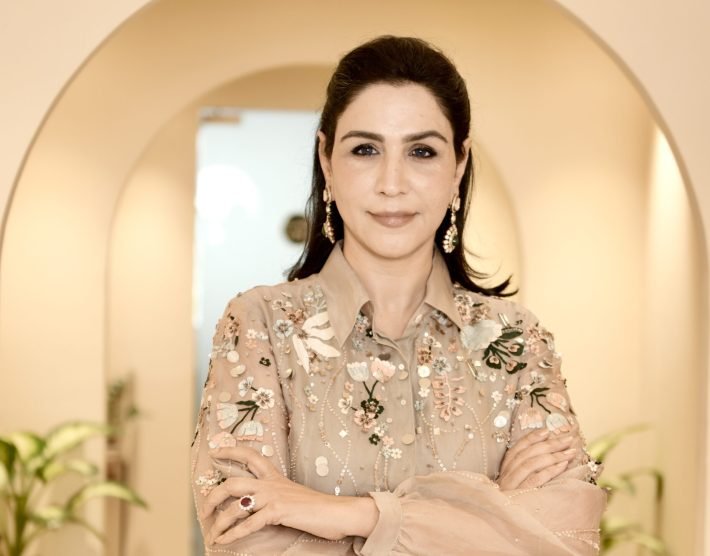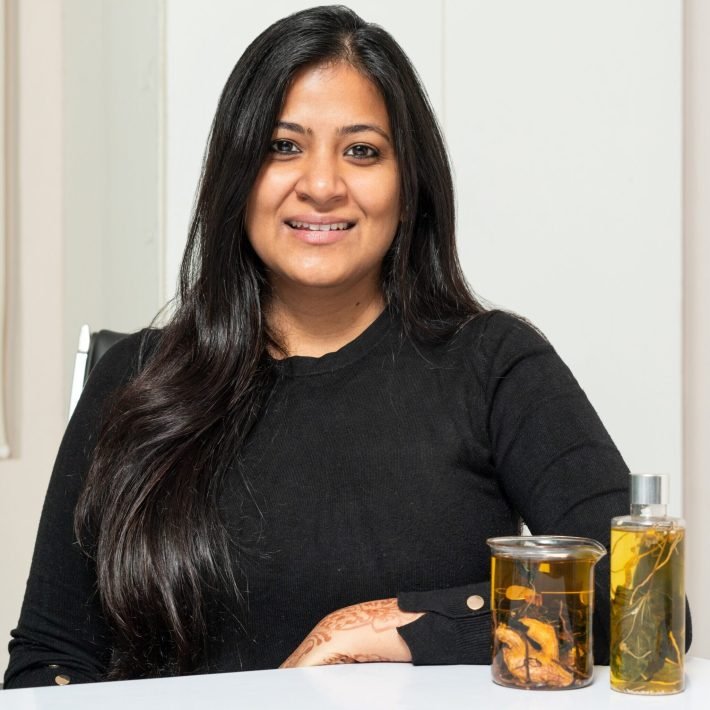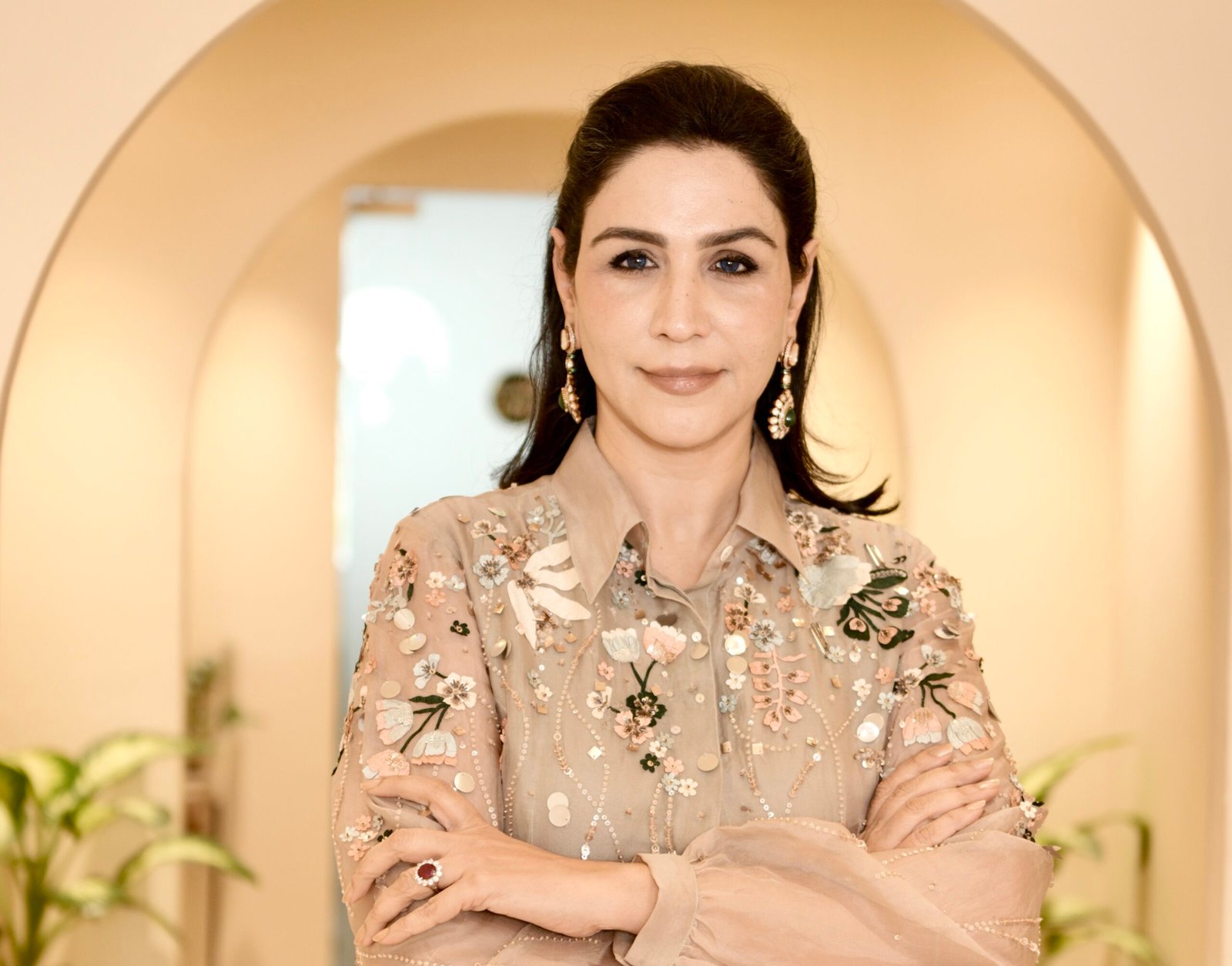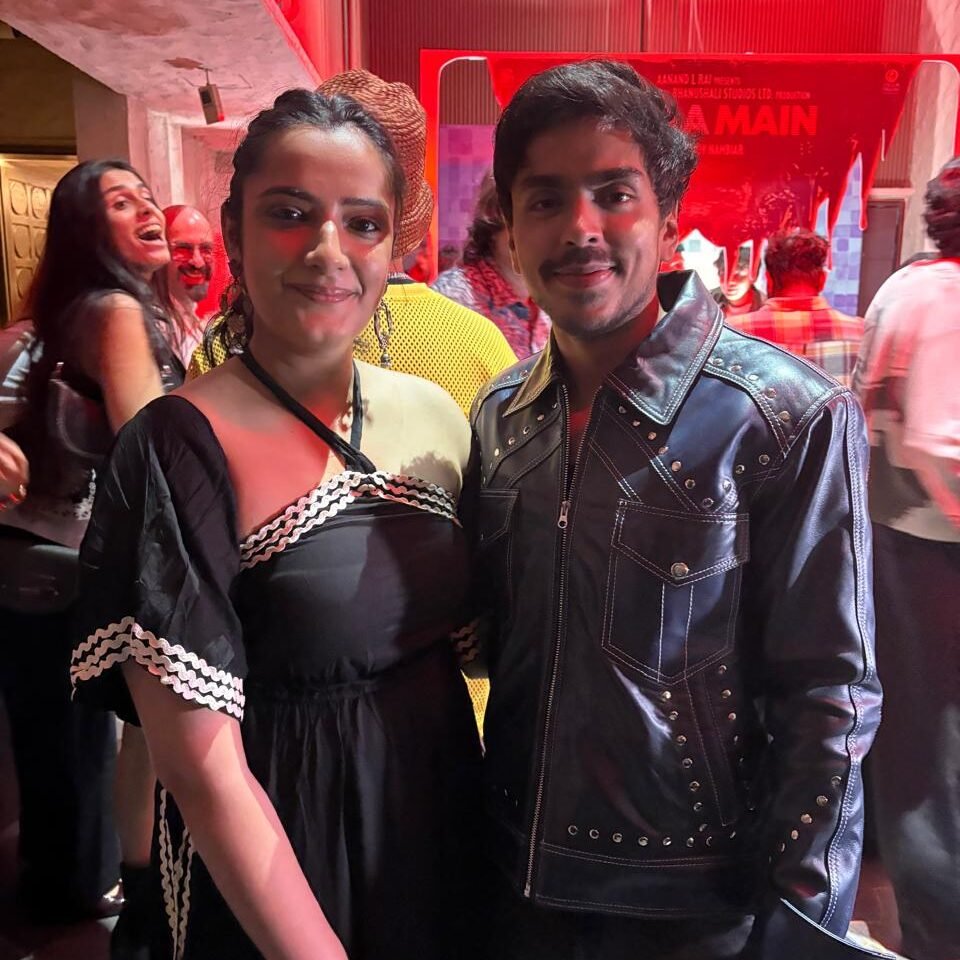Angad Bedi, Chairman & Managing Director of the BCD Group, is redefining the real estate landscape by putting sustainability at the heart of large-scale development. Under his dynamic leadership, BCD Group, one of India’s oldest and most trusted realty conglomerates is proving that ambitious urban growth and ecological responsibility are not just compatible, but essential allies. From deploying zero-discharge sewage systems and solar infrastructure to pioneering smart construction through BIM and IoT, Angad is building not just homes and offices, but entire ecosystems rooted in net-zero ambition.
As TheGlitz Earth Warrior, this World Environment Day, Angad embodies the future of urban India… green, resilient, and purpose driven. With IGBC-certified projects, sustainable retrofitting strategies, and an unwavering commitment to stakeholder education, he’s laying the blueprint for a smarter, greener tomorrow… one project, one city, one future at a time.
Over To TheGlitz Earth Warrior – Angad Bedi, Chairman & Managing Director at BCD Group
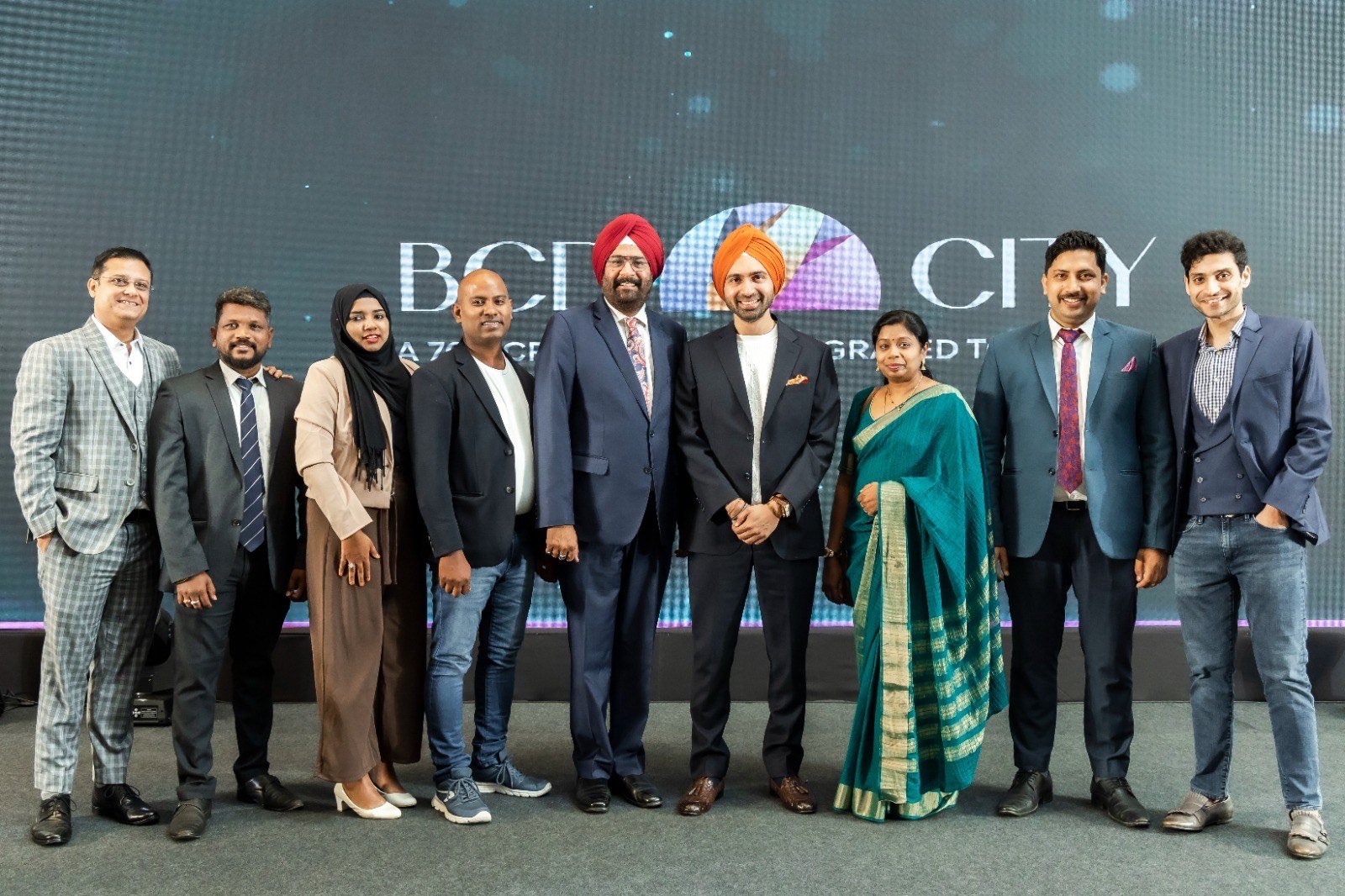
BCD Group is focused on sustainability at scale. What are the biggest challenges and opportunities when implementing eco-conscious practices across large developments?
Angad Bedi: As one of India’s largest and oldest realty conglomerates with a pioneering heritage spanning seven decades and footprints across seven countries, the BCD Group has developed over XX million square feet of real estate across the country. These large scale projects were premised on the fundamental pillars of high quality developments which are timeliness, built with innovation and sustainability at the core of it. These pillars helped us implement sustainable practices through complex developmental challenges and identify opportunities to drive an industry wide change.
One of the foremost challenges in developing sustainable projects pertains to aligning a diverse set of stakeholders including architects, contractors, suppliers, regulators and residents to a unified vision of sustainable development. From the use of sustainable technologies such as design, construction and management of projects, to deploying sustainable construction alternatives, energy-efficient tools to reduce the negative impact on the environment. Although it often entails a higher upfront cost, the long-term operational costs reduce significantly while enhancing the shelf-life of the project.
Apart from developing new projects sustainably, retrofitting existing projects to align with the nation’s Net Zero goals become important. According to global property consultant JLL, 62% of operational office stock requires retrofit interventions, opening up a Rs 450 billion retrofitting opportunity across India’s top seven cities. The four largest markets by size and occupier activity including Bengaluru, Delhi NCR, Mumbai and Hyderabad account for ~81% of estimated capital expenditure for retrofitting. This billion dollar opportunity plays a pivotal role for the real estate stakeholders in increasing the sustainability quotient of the industry through innovation and collaboration with players across the value chain.
However, this can be a daunting task as retrofitting older developments with new-age sustainable technologies can prove to be complex and resource-intensive while ensuring consistency in quality and compliance.
Your adoption of zero-discharge sewage systems, solar lighting, and waste management is commendable. How do these initiatives impact operational efficiency and resident satisfaction?
Angad Bedi: Sustainability has to be looked at from a broader spectrum beyond a few initiatives to build an ecosystem where development seamlessly blends with nature. For the BCD Group, we trickle down sustainability across the value chain including Design and Construction, Operational Practices, Infrastructure and Landscaping and Community Engagement. This helps us integrate a host of sustainable technologies and methodologies such as solar, natural ventilation, and high-performance building envelopes to reduce energy consumption, locally sourced, recycled, and renewable materials like bamboo, recycled steel, and low-emission concrete in our processes.
We also deploy Building Information Modeling (BIM), Internet of Things (IoT), and other smart building systems for efficient resource management while integrating water-saving fixtures, rainwater harvesting systems, and waste treatment and recycling systems. These initiatives have helped us achieve green certifications from agencies like IGBC (Indian Green Building Council) and GRIHA (Green Rating for Integrated Habitat Assessment) and others, in a testament to our commitment towards sustainable development. This helps reduce power consumption and promotes a healthier lifestyle for residents.
A report by Anarock highlights that green buildings can reduce energy consumption by 20-30% and water usage by 30-50% while also having a lower carbon impact compared to traditional developments. It also points out that although green homes can cost 15% more than traditional structures, easier access to green materials is driving costs down. The long-term savings on utility bills can offset the initial investment, making it a win-win for homeowners and the environment.
From a resident’s perspective, sustainable developments have become an essential criteria while choosing to invest in a project over pureplay project size, location and amenities. This assumes significance as an increasing number of homebuyers are investing in green properties to lead a healthier life which is closer to nature. Such an investment approach also makes sense from a capital appreciation perspective as there’s an accelerated growth in values as against traditional structures.
You’ve committed to net-zero targets across your portfolio. What steps are being taken to achieve this and how do you measure progress?
Angad Bedi: Our commitment to achieving net-zero emissions across our portfolio is driven by a focus on reducing, offsetting, innovating and reporting carbon emissions wisely. This commitment stems from the fact that sustainability is in our DNA and not an after thought which is why all our projects are green certified by globally recognized agencies and we have been at the forefront of developing the ecosystem of sustainable services providers within the industry.
We lay special emphasis on sourcing locally sourced materials to deploy energy-efficient fixtures to reduce resource wastage while reducing the concretisation of land to allow rain water to replenish underground reservoirs, among various other initiatives. This entails ensuring wide landscaping across all our projects, including cooling techniques, optimised natural lighting, and integrating energy-efficient HVAC systems. Furthermore, zero-discharge sewage systems and water recycling systems integrated into our projects reduce dependence on fresh water sources, effectively bringing down one of the most significant operations costs.
In order to track the development of our sustainable efforts, we pursue independent green certifications such as IGBC to validate our sustainability claims while aligning with global best practices. These certifications are valid for a period of three years, post which it has to be re-evaluated through submission of necessary documents on property management.

IGBC certification is a strong standard. What internal systems or strategies do you use to ensure compliance and exceed expectations?
Angad Bedi: In order to consistently meet IGBC certification standards, the BCD Group has institutionalised a multi-tiered internal sustainability framework which begins at the project inception stage and is followed through across the developmental processes. From power to water and waste management to indoor environment quality, we are razor focused on enhancing sustainability quotients across the value chain.
This becomes important as the project must satisfy all the mandatory requirements and earn the minimum number of credit points to achieve an IGBC rating. This includes submission of narratives and supporting documentation such as drawings, calculations, declarations/ contract documents, purchase invoices, manufacturer cut-sheets/ letters/ material test reports, etc., for each mandatory credit. A certification is provided after the agency verifies each of the pillars and is satisfied with the documents provided to ensure the project’s sustainability quotient.
To achieve this, we have instituted a team of in-house sustainability experts who work in close coordination with architects, construction managers and suppliers to ensure that green strategies are integrated across all stages of the project lifecycle. We employ tools such as Building Information Modeling (BIM) which helps us reduce energy consumption while helping identify and eliminate errors and rework, leading to cost savings and facilitating better cost estimation and tracking.
This culture of constant improvement and synergized execution allows the BCD Group to achieve top rated green certifications consistently while also setting higher internal and external benchmarks for the industry.
As sustainability becomes a differentiator in real estate, how do you educate and engage your buyers and stakeholders in this mission?
Angad Bedi: Spreading awareness and engaging all ecosystem partners including buyers, investors and other stakeholders becomes critical to advancing the industry’s sustainability goals. At BCD Group, we recognise the importance of educating our stakeholders of the immense benefits associated with building sustainable structures and the long-term value creation it offers. This, in the backdrop of increasing awareness around healthier life choices and staying close to nature, is further helping in our mission of building a sustainable real estate industry.
Using our over seven decades of experience in developing environmentally sound structures, we have built a nuanced understanding of developing green buildings without any significant price hike while also showcasing the long-term benefits it brings for buyers, investors and other stakeholders. We have been amplifying these benefits through in-person engagement with interested buyers, industry forums, and through digital campaigns to spread the word amongst target audiences.
Our sustainable narrative begins at the sales stage itself, whereby we clearly communicate the environmental and economic benefits of green buildings to our customers through thoughtfully curated marketing materials to empower them into making a wise decision. As the ecosystem is evolving, we continue to work with relevant stakeholders in driving the message of sustainability in real estate while showcasing the economic benefits it offers, in order to foster a sense of collective responsibility.
What are your long-term goals when it comes to shaping sustainable urban ecosystems, not just buildings?
Angad Bedi: We envision a future where our developments contribute to the development of well-rounded sustainable urban ecosystems rather than isolated green buildings which are in line with the government’s vision of Smart Cities. In order to achieve this, we work closely with the local administration, suppliers and startups to align our projects with the city’s developmental plans which makes the lives of residents and occupiers easier. From mixed-use developments to curating projects around the global concept of 15-minute city and integration with transit hubs, we aim to reduce reliance on long travel, promote community building and shared resources to promote a lifestyle that is both convenient and low-carbon.
In addition to this, we believe the future of sustainability can largely be achieved through integration of new-age technologies such as smart sensors, IoT-enabled systems, and data analytics that help monitor resource consumption in real time, thereby preparing the property management for responsive, efficient management of urban services.
